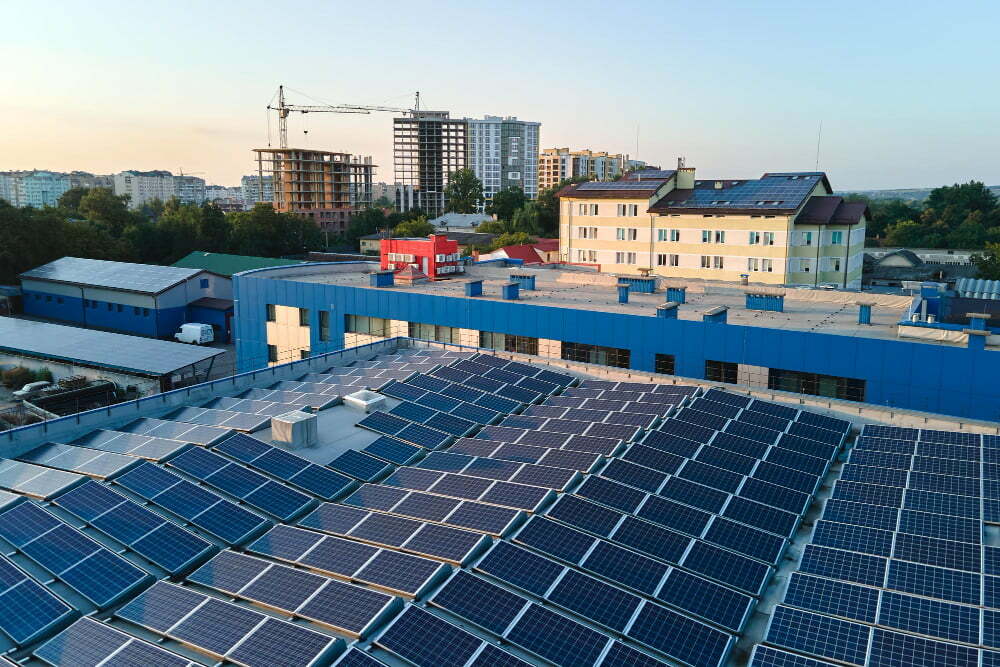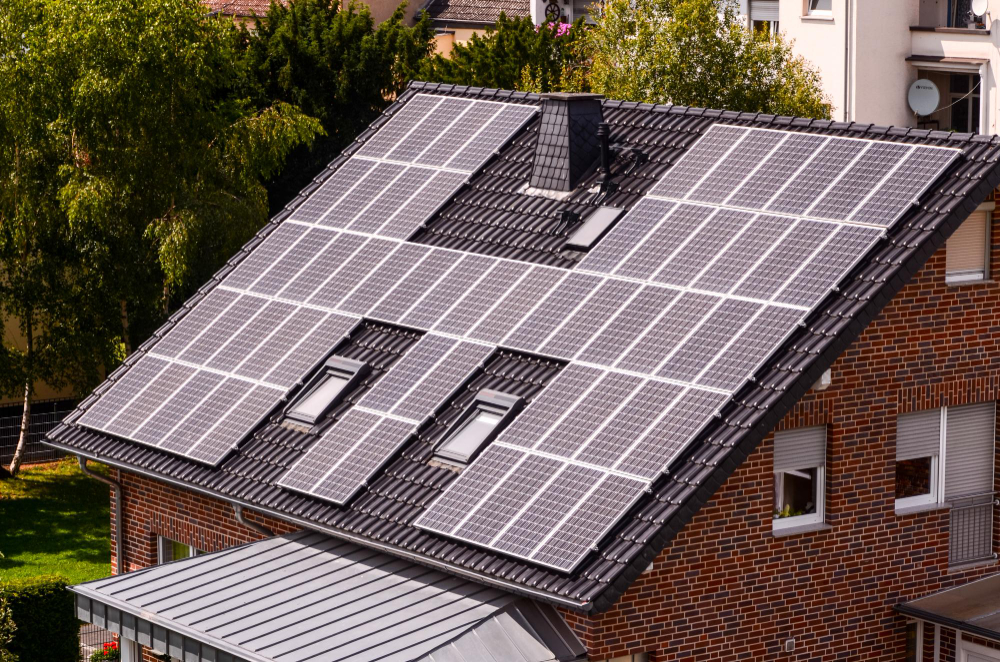Last updated on
As the world faces the challenges of climate change and the need to transition to renewable energy sources, community solar programs have emerged as a promising solution to accelerate the adoption of clean energy.
In Canada, these initiatives are gaining momentum, empowering communities to come together and invest in solar energy projects that benefit both the environment and the local economy.
In this article, we will explore the concept of community solar programs in Canada, their advantages, and the role they play in promoting collective clean energy initiatives.
Understanding Community Solar Programs

Community solar programs, also known as solar gardens or shared solar, allow multiple individuals, businesses, or organizations within a community to collectively own or lease a solar energy system.
These systems are often installed on rooftops, unused land, or as solar farms, and the generated electricity is then distributed to participating members. Participants receive credits or savings on their electricity bills based on their share of the system’s output.
Fostering Local Ownership and Participation
One of the primary benefits of community solar programs is their ability to foster local ownership and participation in clean energy initiatives. These programs enable community members to invest in solar energy projects without the need for individual rooftop installations or upfront costs.
By pooling resources, more people can access the benefits of solar energy and contribute to the transition to renewable power.
Overcoming Rooftop Limitations

Not all residents and businesses have suitable rooftops for solar installations due to shading, orientation, or structural constraints. Community solar programs address these limitations by centralizing solar panels in optimal locations, such as large commercial rooftops or dedicated solar farms. This allows for efficient solar energy generation and ensures that a broader segment of the community can access clean energy.
Fostering Eco-Friendly Practices
Community solar initiatives hold great significance in endorsing eco-friendly practices across Canada. By producing electricity from a sustainable and uncontaminated source like solar power, these projects contribute to diminishing greenhouse gas emissions and lessening the detrimental effects of climate change. As more communities adopt solar energy, Canada progresses towards achieving its environmental objectives and a cleaner future.
Improving Energy Equality and Diversity

In numerous instances, low-income families or tenants encounter obstacles in adopting solar power due to financial limitations or lack of appropriate rooftops. Community solar initiatives advocate for energy equality and diversity by allowing these underprivileged communities to engage in clean energy projects. This guarantees that the advantages of solar energy are available to a broader and more diverse portion of society.
Boosting Community Resilience
Community solar initiatives fortify community resilience by offering access to locally produced clean energy. In cases of power outages or grid disturbances, these projects can persist in providing electricity to participants, enhancing energy security, and decreasing dependence on centralized power sources. This decentralized method of energy production contributes to a more robust and dependable energy system.
Supporting Economic Growth
Community solar programs have economic benefits for the communities they serve. Solar projects create jobs in the renewable energy sector, ranging from installation and maintenance to administrative roles. Moreover, by keeping energy dollars within the community, these programs stimulate local economic growth and support sustainable development.
Navigating Regulatory Challenges
Despite the advantages of community solar programs, navigating regulatory challenges can be a significant hurdle. Different provinces in Canada have varying regulations and policies regarding solar energy and community-based projects. Addressing these barriers through supportive legislation and streamlined permitting processes is essential to accelerating the expansion of community solar programs nationwide.
Engaging and Educating the Community
For a community solar program to succeed, it’s essential to actively engage and educate the community. Clear communication and outreach endeavors play a pivotal role in keeping residents, businesses, and local leaders informed about community solar benefits and participation methods.
By learning about the financial, environmental, and social consequences of their engagement, participants can develop a sense of ownership and pride in their shared clean energy project.
Community solar initiatives possess the potential to bring about significant change in Canada’s clean energy transition. By empowering communities to invest collectively in solar power projects, these programs encourage local ownership, sustainability, energy fairness, and economic expansion.
As more communities adopt community solar advantages, they contribute to creating a more robust and sustainable energy future for Canada. Achieving the full potential of community solar programs demands collaboration among policymakers, energy stakeholders, and communities to overcome regulatory obstacles while cultivating an environment immersed in clean energy engagement and education.
Through united efforts, community solar can become a key factor in promoting Canada’s dedication to renewable energy sources and combating climate change.
Related reading:
Table of Contents





